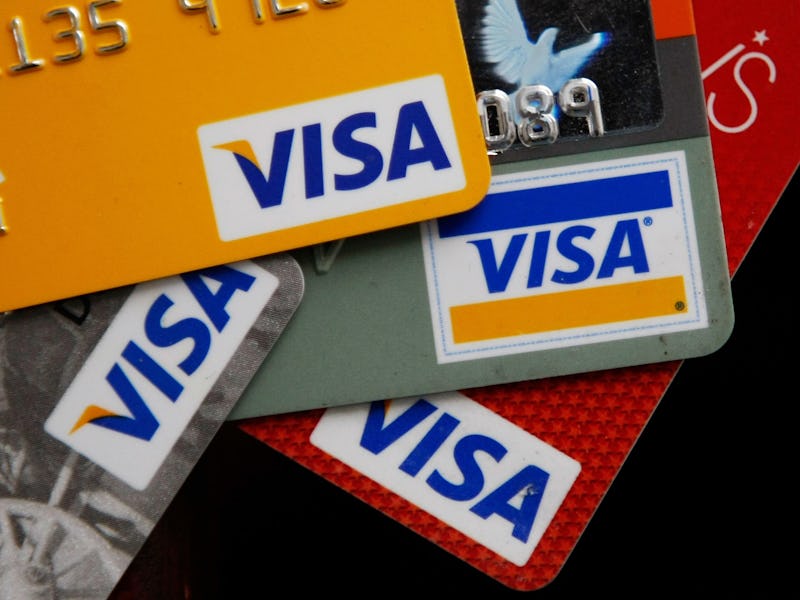Privacy.com App Offers Online Financial Security with "Burner" Debit Cards
Visa burner debit cards issued through this startup offer total control over online purchases.

Have you ever gone through a dry spell, paid to join MouseMingle.com, and then suddenly and sadly found that all the ads littering your Facebook page are geared at things the internet thinks lonely Minnie fans would buy after chugging a box of wine? A FinTech startup, Privacy.com, understands your plight. The company launched a free app on March 24, 2016, that creates virtual, burner Visa debit cards so that your personal information is hidden when you make online purchases.
Using the app will limit not only the unwanted Spanx newsletters populating your inbox, but cases of fraud. When the world first started typing in credit card numbers for online purchases, everyone was worried about privacy. And one day, it just became commonplace. People wrongly thought the internet was inherently a secure space, that their searches and purchases weren’t being tracked. This is not the case.
Privacy.com allows you to be completely pseudonymous. “It sort of combines the user friendliness and the card holder rights that come with a Visa card with some parts of the bitcoin model that we like,” explains founder and CEO Bo Jiang, who studied math at MIT and came from a cryptocurrency background.
The company was also created by Chief Privacy Officer of American Express Andy Roth, Jason Kruse who worked at Expensify, and David Nichols, formerly of Palantir. President Obama’s former Deputy Chief of Staff, Jim Messina, is a silent partner on the project, which launched with $1.2 million in seed funding.
The app is available for Apple iOS and Google Chrome with plans to expand to Android and other web platforms. It’s simple to use, just download the software, register, and link to a bank account. There is a two-factor authentication for extra security. Currently, the company is working with ten banks. Since launching Thursday, they’ve received tons of requests to link up from regional banks and credit unions. Privacy.com’s app quickly reached number one on Product Hunt and received much attention on Hacker News.
Similar but more complicated services are offered by Bank of America through ShopSafe, and Citi offers virtual account numbers. Jiang explains that both are harder to use and force the customer to predefine their spending limit.
Jiang thinks the company’s greatest competitor is apathy because “people care about their security and privacy, but they’re not going to jump through a million hoops and use super clunky software. If you make them choose between privacy and security and convenience and ease of use, unfortunately, most users will choose convenience and easy to use.” The goal is simplicity. “Everything we’ve done has been through a focus on making this as streamlined as possible. Easier than pulling out your credit card.”
Unlike bitcoin, this is entirely legal. Privacy.com issues one-time use Visa cards, working within the system and abiding by financial laws. All the funds come through a KYC (know your customer) source. If you try to pull any funny, dark web stuff, Jiang says, “we’re definitely not the best way to do that.”
He also doesn’t believe you should have to share your personal information with a merchant you only buy something from once. “It puts the control back in your hands as the consumer,” Jiang assures. If there’s a leak, you can even track and see what merchant was responsible since there are multiple card numbers for each purchase. This goes for hidden charges, billing without consent, and for using the products you buy online to market to you.
“Our policy is we collect the minimum amount of information we need to operate and make your life easy and abide by the law,” Jiang emphasizes. “A lot of tech companies we’ve seen collect the maximum amount of information. That’s the ethos that separates us from others.”